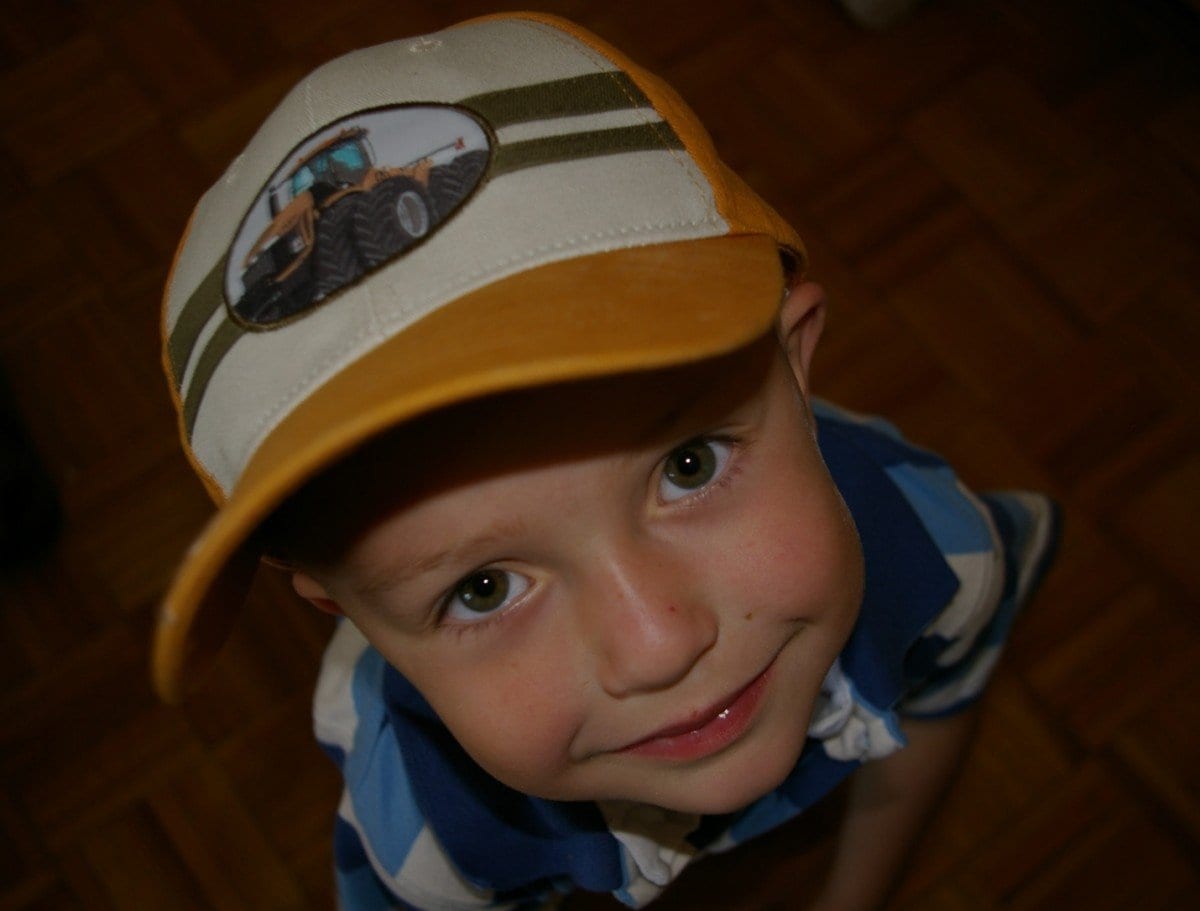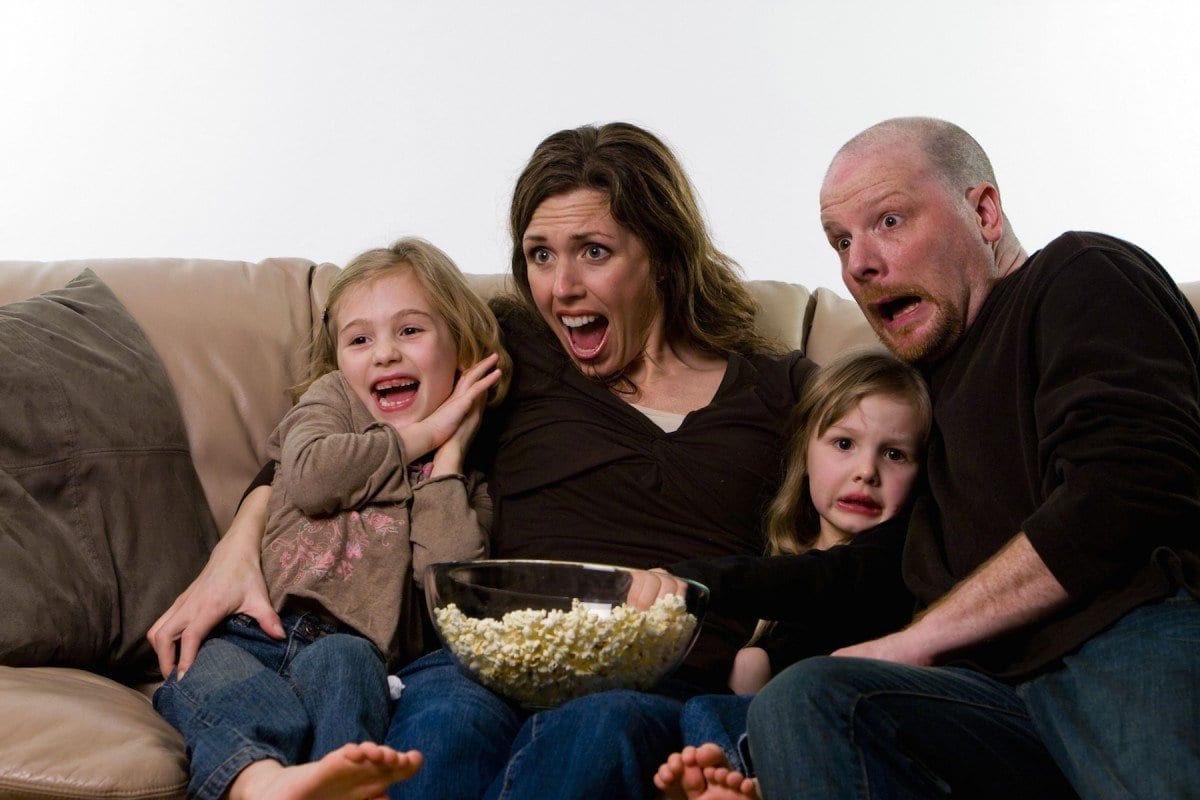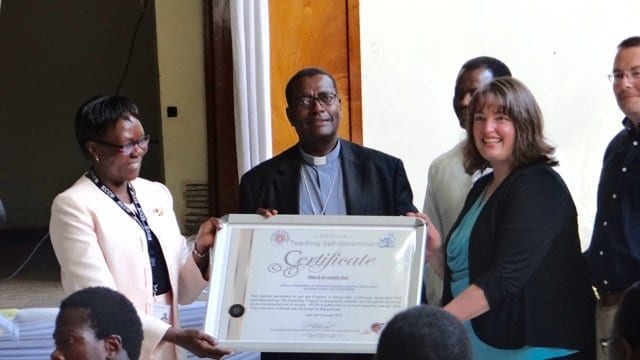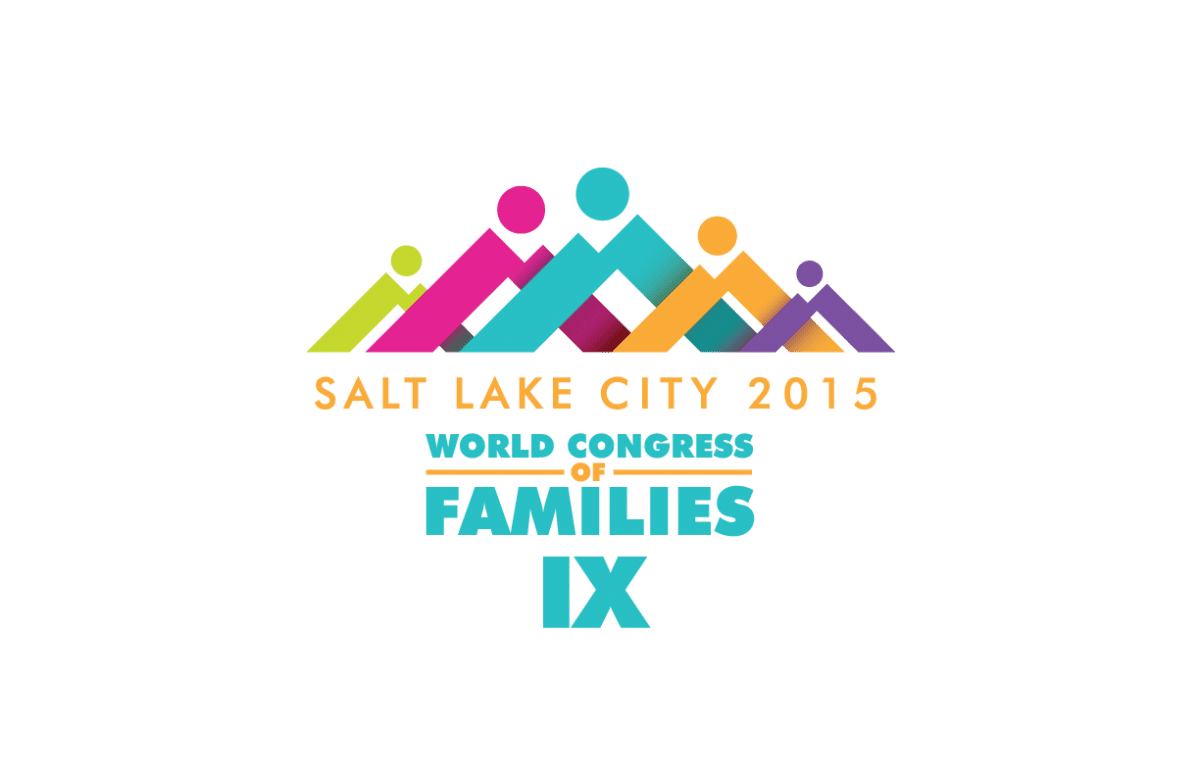Earlier this year I spoke with the Utah State School Board about the the sexual abuse prevention teaching that will start for K – 6th grade students in Utah in fall 2016. The kind woman I spoke with told me that the focus of the program was to educate people about grooming. As a previous foster parent of many abused youth I understood the importance of teaching about grooming and how to beware of it.
Now that we are seeing a bill come forward in the state of Utah that is promoting Comprehensive Sexuality Education I seeing grooming in a new light.
This is what grooming looked like for the majority of my sexually abused foster children: First, someone gets the child alone or with a group of friends, away from their parents. Second, the older person or adult teaches them something new about either the adult body or the child’s body. They taught them new words and new sensations. Next, the child engaged in sexual behaviors and experiences. Finally, the child feels ready to engage in sexual intercourse.
This is what grooming looks like for an abuser.
Now, let’s examine what the school teachers would be doing if they chose to teach the SEICUS healthy sexuality guidelines through the Comprehensive Sexuality Education program.
First, they would get the children away from their parents during the school day. Second, they teach the children new words and new things about their bodies, including new sensations and feelings. Next, they tell the children it is normal to engage in sexual experiences and behaviors. Finally, after a few years they expect the child is having sexual intercourse and offer information about abortion and contraceptive services to decrease responsibility and diminish cause and effect.
It sounds to me like the Utah State School Board ought to say no to Comprehensive Sexuality Education because it would be grooming children for sexual behaviors and experiences. I agree, people need to understand grooming! Law makers, school teachers and even the school board needs to understand what certain curriculums will groom the minds of children to do.
Here is the table of contents and some examples from the SEICUS guidellines that would be taught to children in Utah if the Comprehensive Sexuality Education bill passes and if SEICUS guidelines are offered to adults as resources.
Guidelines for Comprehensive
Sexuality Education: Key Concepts
and Topics (page 18 of the guidelines)
Key Concept 1: Human Development
Topic 1: Reproductive and Sexual Anatomy
and Physiology
Topic 2: Puberty
Topic 3: Reproduction
Topic 4: Body Image
Topic 5: Sexual Orientation
Topic 6: Gender Identity
Key Concept 2: Relationships
Topic 1: Families
Topic 2: Friendship
Topic 3: Love
Topic 4: Romantic Relationships and Dating
Topic 5: Marriage and Lifetime
Commitments
Topic 6: Raising Children
Key Concept 3: Personal Skills
Topic 1: Values
Topic 2: Decision-making
Topic 3: Communication
Topic 4: Assertiveness
Topic 5: Negotiation
Topic 6: Looking for Help
Key Concept 4: Sexual Behavior
Topic 1: Sexuality Throughout Life
Topic 2: Masturbation
Topic 3: Shared Sexual Behavior
Topic 4: Sexual Abstinence
Topic 5: Human Sexual Response
Topic 6: Sexual Fantasy
Topic 7: Sexual Dysfunction
Key Concept 5: Sexual Health
Topic 1: Reproductive Health
Topic 2: Contraception
Topic 3: Pregnancy and Prenatal Care
Topic 4: Abortion
Topic 5: Sexually Transmitted Diseases
Topic 6: HIV and AIDS
Topic 7: Sexual Abuse, Assault, Violence,
and Harassment
Key Concept 6: Society and Culture
Topic 1: Sexuality and Society
Topic 2: Gender Roles
Topic 3: Sexuality and the Law
Topic 4: Sexuality and Religion
Topic 5: Diversity
Topic 6: Sexuality and the Media
Topic 7: Sexuality and the Arts
Some Quotes From The Guidelines (due to space only a few have been selected) Please read the full document here. https://www.siecus.org/_data/global/images/guidelines.pdf
Age 5 – 8
Both boys and girls have body parts that feel good when touched.
Touching and rubbing one’s own genitals to feel good is called masturbation.
Some boys and girls masturbate and others do not.
• Each body part has a correct name and a specific function.
• A person’s genitals, reproductive organs, and genes determine whether the person is male or female.
• A boy/man has nipples, a penis, a scrotum, and testicles.
• A girl/woman has breasts, nipples, a vulva, a clitoris, a vagina, a uterus, and ovaries.
Vaginal intercourse – when a penis is placed inside a vagina – is the most common way for a sperm and egg to join.
Dating is when two people who are romantically attracted to each other spend their free time together.
People often kiss, hug, touch, and engage in other sexual behaviors with one another to show caring and to feel good.
Couples have varied ways to share sexual pleasure with each other.
• Being sexual with another person usually involves more than sexual intercourse.
Age 9 – 12
During puberty, many people begin to develop sexual and romantic feelings.
Contraception can prevent fertilization and/or pregnancy.
Both teenagers and adults may have romantic relationships.
• Masturbation is often the first way a person experiences sexual pleasure.
• Many boys and girls begin to masturbate for sexual pleasure during puberty.
• Some boys and girls never masturbate.
• Masturbation does not cause physical or mental harm.
• Some families, religions, and cultures believe that masturbation is wrong. (what is going to be taught here?)
Age 12 – 15
Some sexual and reproductive organs provide pleasure.
The size and shape of sexual organs does not affect a person’s ability to reproduce or experience sexual pleasure.
Friendships sometimes evolve into romantic relationships.
Values should be freely chosen after the alternatives and their consequences are evaluated.
Being assertive in sexual situations may be especially difficult.
• All people, regardless of biological sex, gender, age, ability, and culture, are sexual beings.
• Sexuality is experienced in a variety of ways at different stages and points in people’s lives.
Sexual feelings, fantasies, and desires occur throughout life.
• Masturbation, either alone or with a partner, is one way people can enjoy and express their sexuality
without risking pregnancy or an STD/HIV.
Many negative myths exist about masturbation
• Some sexual behaviors shared by partners include kissing; touching; talking; caressing; massaging; and oral, vaginal, or anal intercourse.
Many pleasurable sexual behaviors do not put an individual at risk for an unintended pregnancy or STDs/HIV.
• Both men and women can give and receive sexual pleasure.
Age 15 – 18
Individuals may want to use a mirror to look closely at their external organs so they can note any changes that may indicate health problems.
Reproductive functioning is different from sexual functioning.
Some love relationships involve sexual intimacy while others do not.
Dating can be a way to learn about other people, about romantic and sexual feelings and expressions, and about what it is like to be in an intimate relationship.
Deciding not to be a parent may be difficult because of societal and cultural pressures to have and raise children.
A person may accept his/her family’s values and not always agree with all of them.
People who feel strongly about their values often share and affirm them publicly.
• Communication about sexual feelings, desires, and boundaries can improve sexual relationships.
Communication is necessary to assure consent for a sexual relationship and any sexual behavior.
• Sexuality is a natural part of being human.
• Sexuality is one component of total well-being to be expressed in harmony with other life needs.
Healthy sexuality enhances total well-being.
• People who are single, married, or in a committed relationship may masturbate.
• Masturbation may be an important part of a couple’s sexual relationship.
Being sexual with another person does not mean that masturbation must or should stop.
• For many people, sharing a sexual experience with a partner is a satisfying way to express sexuality.
• Couples and individuals need to decide how to express their sexual feelings.
• As people get older, they may continue to discover new forms of sexual expression to share with a partner.
Individuals can learn what gives them sexual pleasure and communicate that to partners in order to enhance their sexual relationships.
People can have sexual fantasies about individuals of all genders without it necessarily affecting their understanding of their sexual orientation.
• Some people use erotic photographs, movies, art, literature, or the Internet to enhance their sexual fantasies when alone or with a partner.












